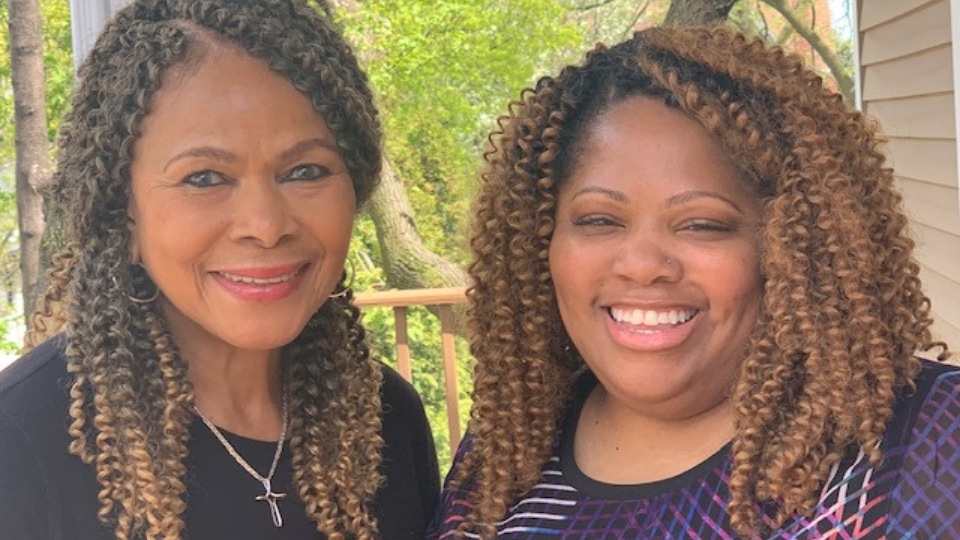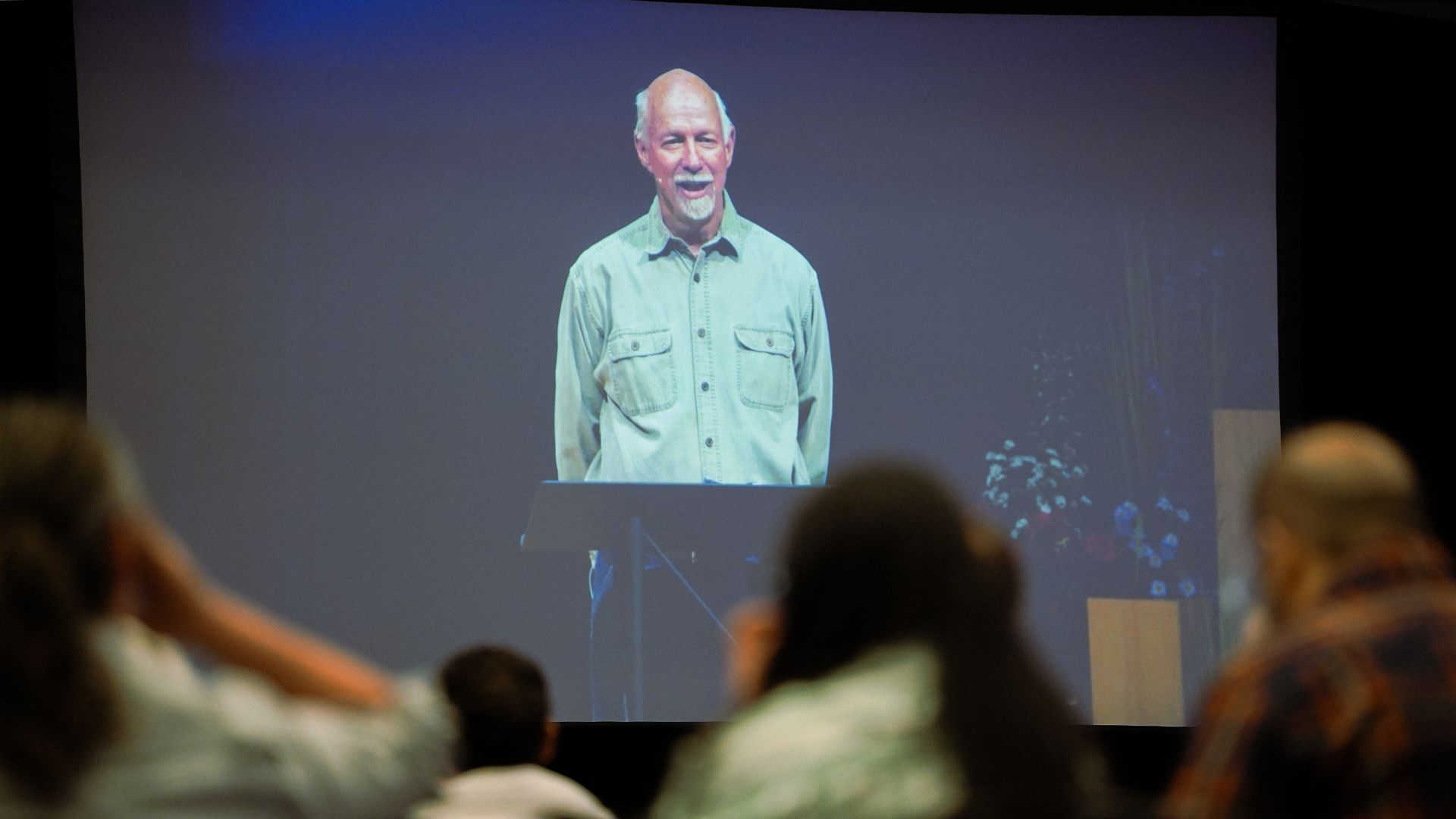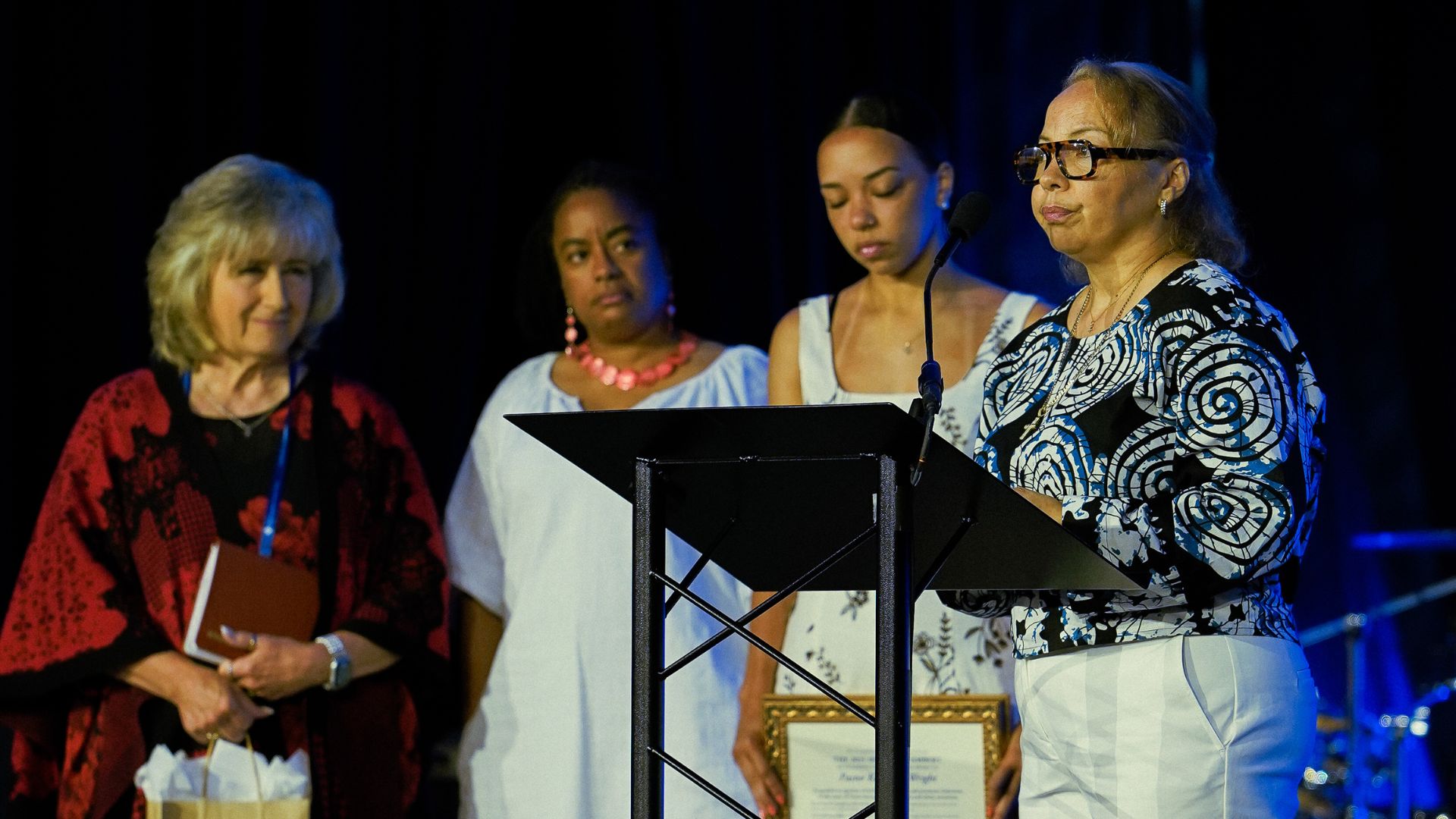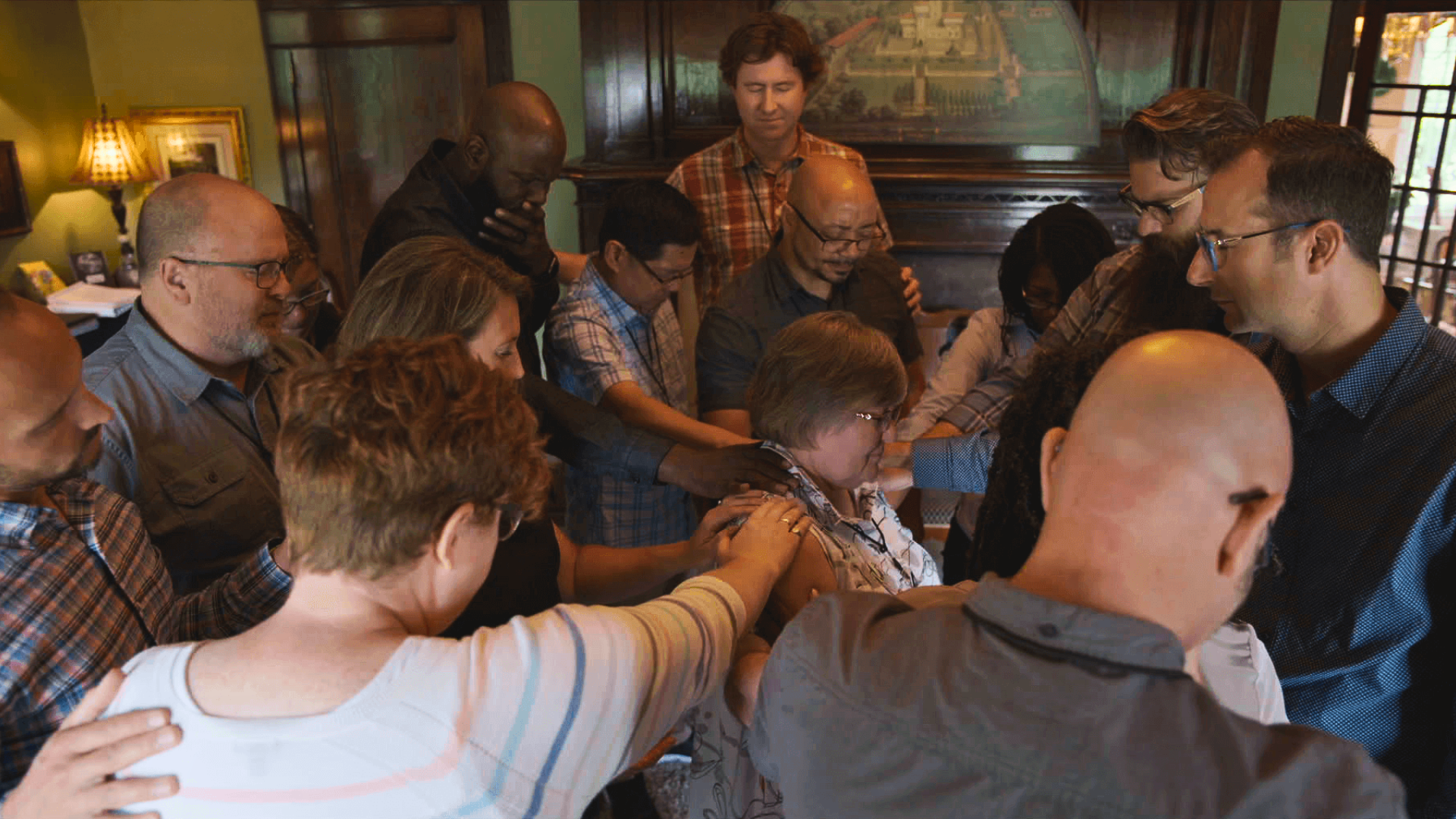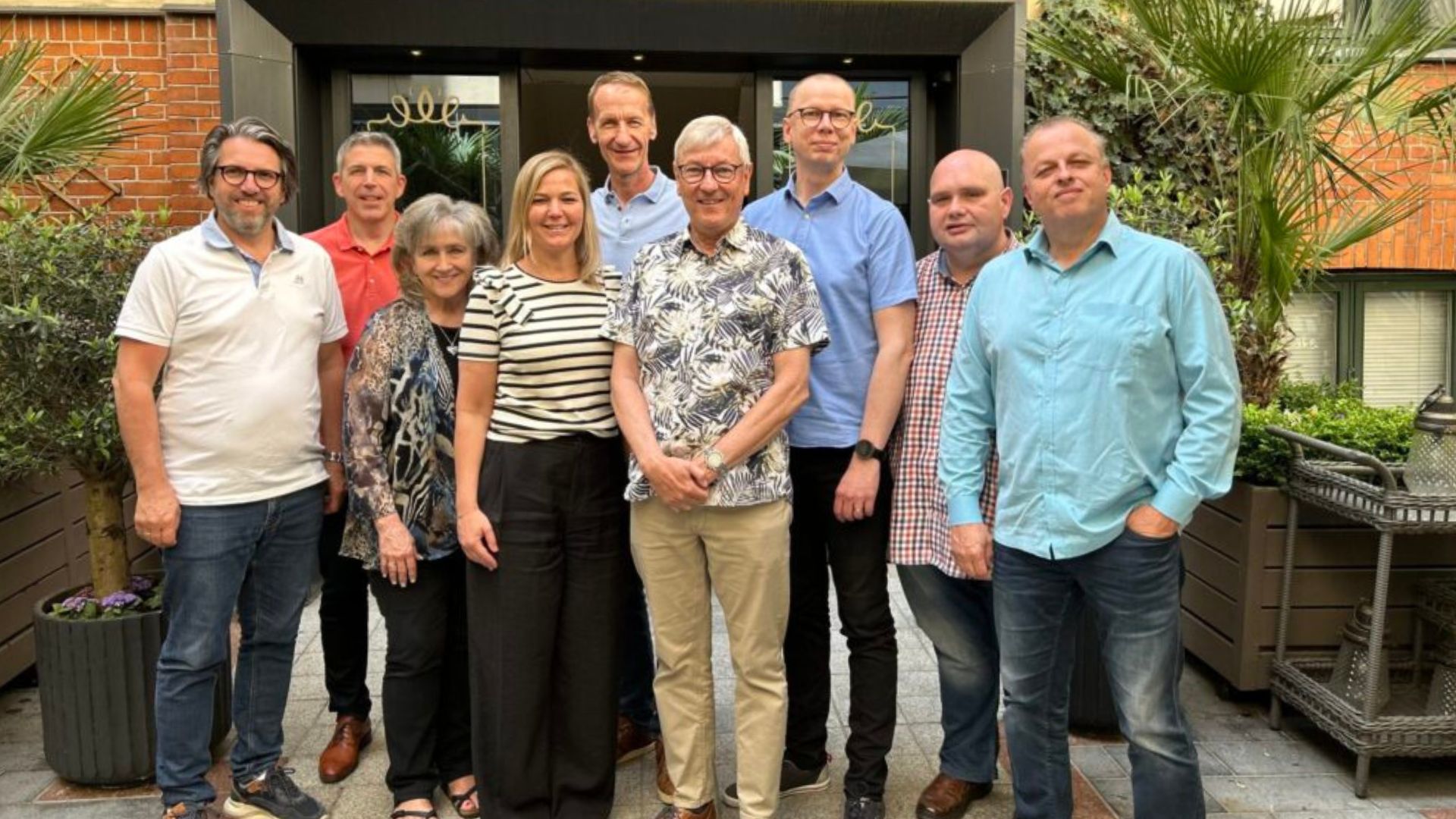For Covenant pastor Debbie Griffith-Samuels, retirement has never been an excuse to sit on the sidelines. After retiring from a career at an electric company in 2002, Griffith-Samuels began a new chapter by enrolling in seminary. Now in her second retirement, we asked her about her calling and vision for ministry.
What was your first ministry role after seminary?
I started as the director of Christian formation in the Compassion, Justice, and Mercy ministry of the Central Conference in 2004. My role evolved throughout the years and when I retired, I was the associate superintendent and director of church planting. Although I was honored to be called to do that work, it was like drinking from a firehose. I didn’t know what I was doing, but I was willing to learn as much as I could. It was a gift to spend time with church planters and hear their joy over doing what God has called them to do. The seventeen years I spent at Central Conference was rich.
When did you move into a pastoral role?
The Central Conference sent me to Fellowship Christian Church in Oak Park, Illinois, in 2014. I was supposed to be an interim pastor but I’m still there. I am officially the pastor.
Can you tell us about that community and how you serve them?
My husband, Wiley Samuels, and I have been running a program through the church called Friday Night Place that serves at-risk youth within the community since 1998. We actually serve the entire family. Wiley is a licensed social worker with a background in mental health, so he helps with the kids and families. I work mostly with the parents, offering spiritual direction and pastoral counseling. We focus on the housing insecurity of some of these young people. I am honored to walk with them in their trauma and to listen—that’s the biggest thing—listening.
When summer comes, some of our families can’t afford to send their kids to camp or to community activities. We’ve received a grant through Covenant Children’s Ministry (CCM) as well as the Oak Park River Forest Township and Oak Park River Forest Community Foundation. Since 2015 this has allowed us to offer tutoring and mentoring to our young people. I collaborate with an online platform for learning to help the kids stay sharp in their math and English skills over the summer. I also help mentor and tutor kids at Friday Night Place.
How did your podcast come about?
My daughter, Kelley Gray, and I were talking about mental health and issues that Black women face. She’d been dreaming about doing a podcast and asked if I would co-host with her. I thought, “I don’t mind helping out, but I don’t want to have to do it all the time because, you know, I’m retired.” But that didn’t mean anything to her. So once a month we put out a podcast called Tru You that mostly focuses on mental health trauma. That’s what is guiding it and how it got started in the first place—trauma in the Black family and ours in particular. If we can talk about our own family, maybe we can help other families who are going through some of the same things.
We are not techies at all. We could never have done this without God. Kelley learned how to do the editing and has edited every episode since November 2021. It’s not easy. She has a full-time job and two sons. I just see God’s hand at work in all of it.
Why is it important to you to remain active in ministry?
God called me and I was ordained to serve his people. I take that seriously. As long as I am physically able to serve the kingdom, I will serve. I don’t feel like there’s an on-off switch to ministry. African American young people are truly struggling right now. If I can share some wisdom with them, if they’ll listen, I will. They sometimes see us as old, but once they get to know us, once they spend time with us, they’re calling and checking in with us all the time.
As an African American, I don’t think retiring is an option, especially when working with young people, with families that are broken. Many families are still struggling through Covid. Many of them don’t even know I’m retired. They just know that I’m there for them.


